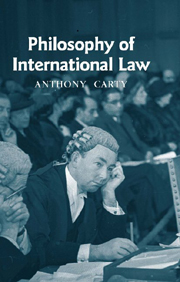Introduction
Rumours of the death of socialism have been accompanied, oddly enough, by rumours of the disappearance of the United States. Post-structuralists tell us that we are all victims now but that, somehow, the multitude will arise against ‘the powers’. Power enslaves us all in its impersonality, but resistance is everywhere. A primary focus of this study is Michael Hardt and Antonio Negri's Empire, a post-structuralist and, at the same time, post-Marxist critique of globalisation. This paper will argue, against the book, that an updated theory of capitalist imperialism convincingly captures the contemporary international scene. The brutal power of the United States is everywhere. It is infinitely destructive of international law. Postmodernism is the exhausted moral spirit of the old Europeans, and the ghosts of Marxist interpretations of imperialism offer us the most convincing explanations as to why the violence of the United States increases by the year.
In this view, Marxism does not offer a theory of international law as such, but merely a contemporary, up-to-date explanation as to why it is being systematically, or structurally, violated. Marxism is presented as a vision, an analysis of a condition, essentially pessimistic in its tracing of an increasing intensification of exploitation on a global scale, violently promoted and protected by the United States and its allies, the so-called ‘coalition’. So the contradictions of capitalism are reflected in the contradictions of international law.
However, law as such is not merely an ideological legitimisation of capitalism.
